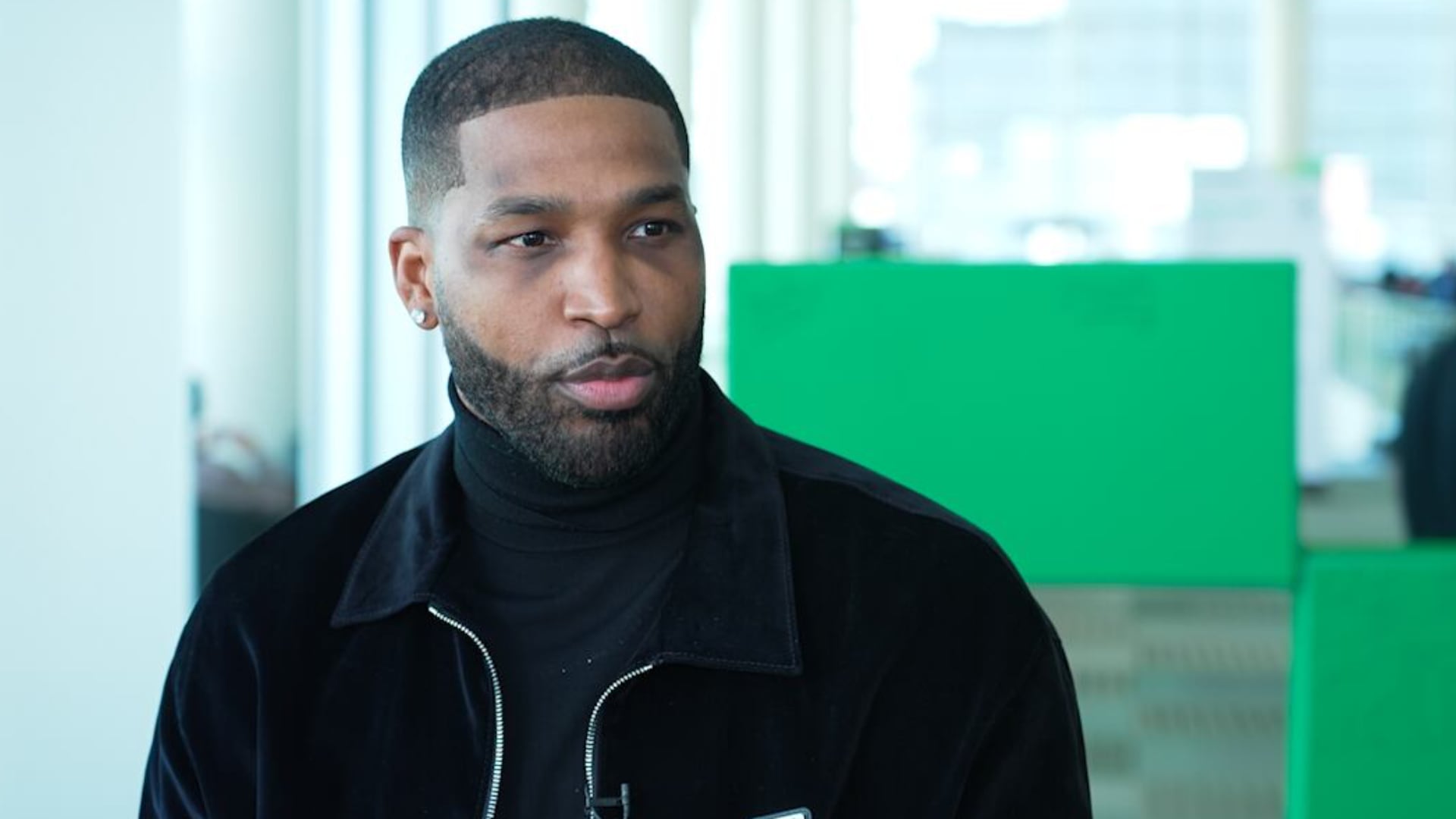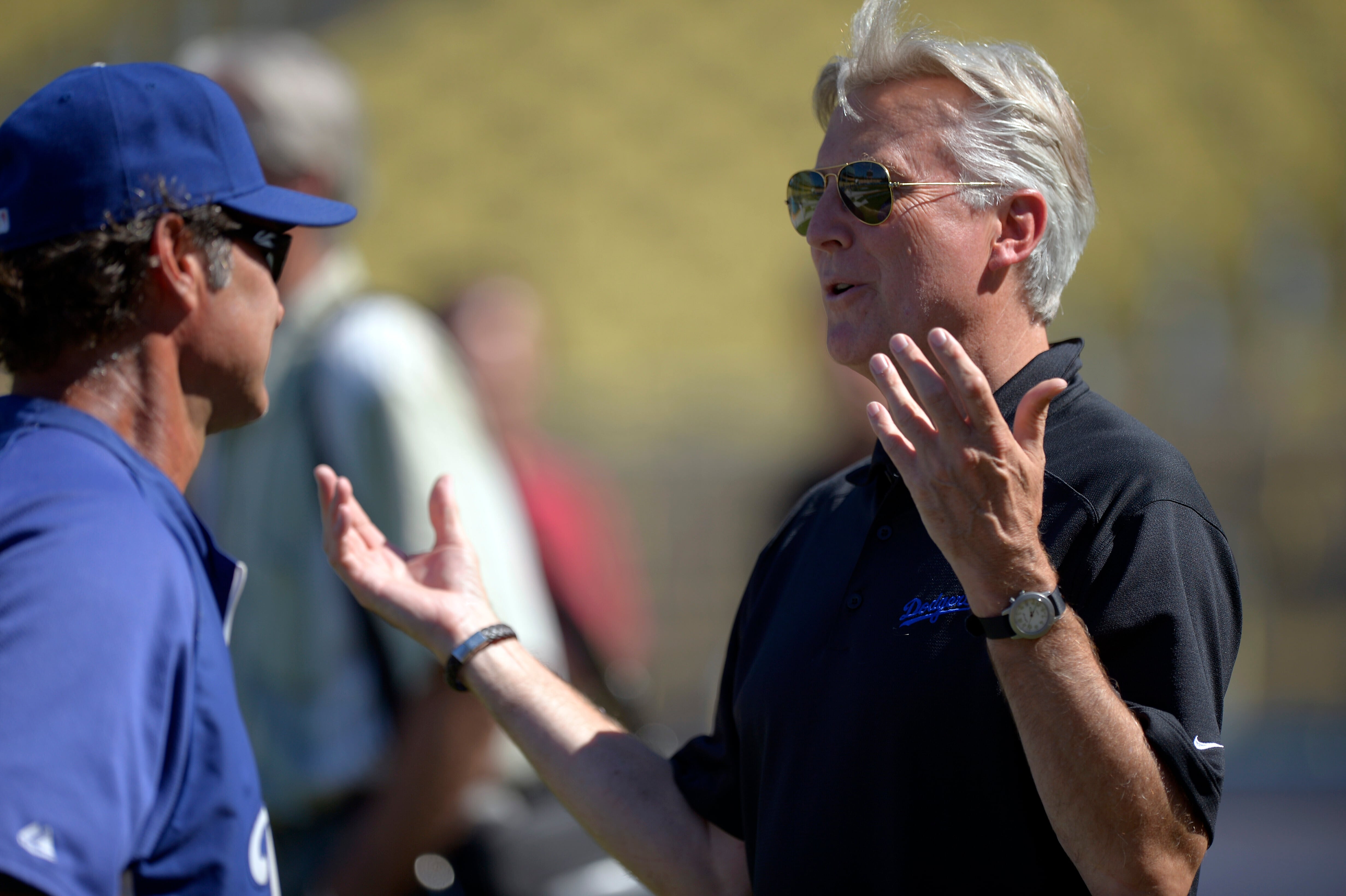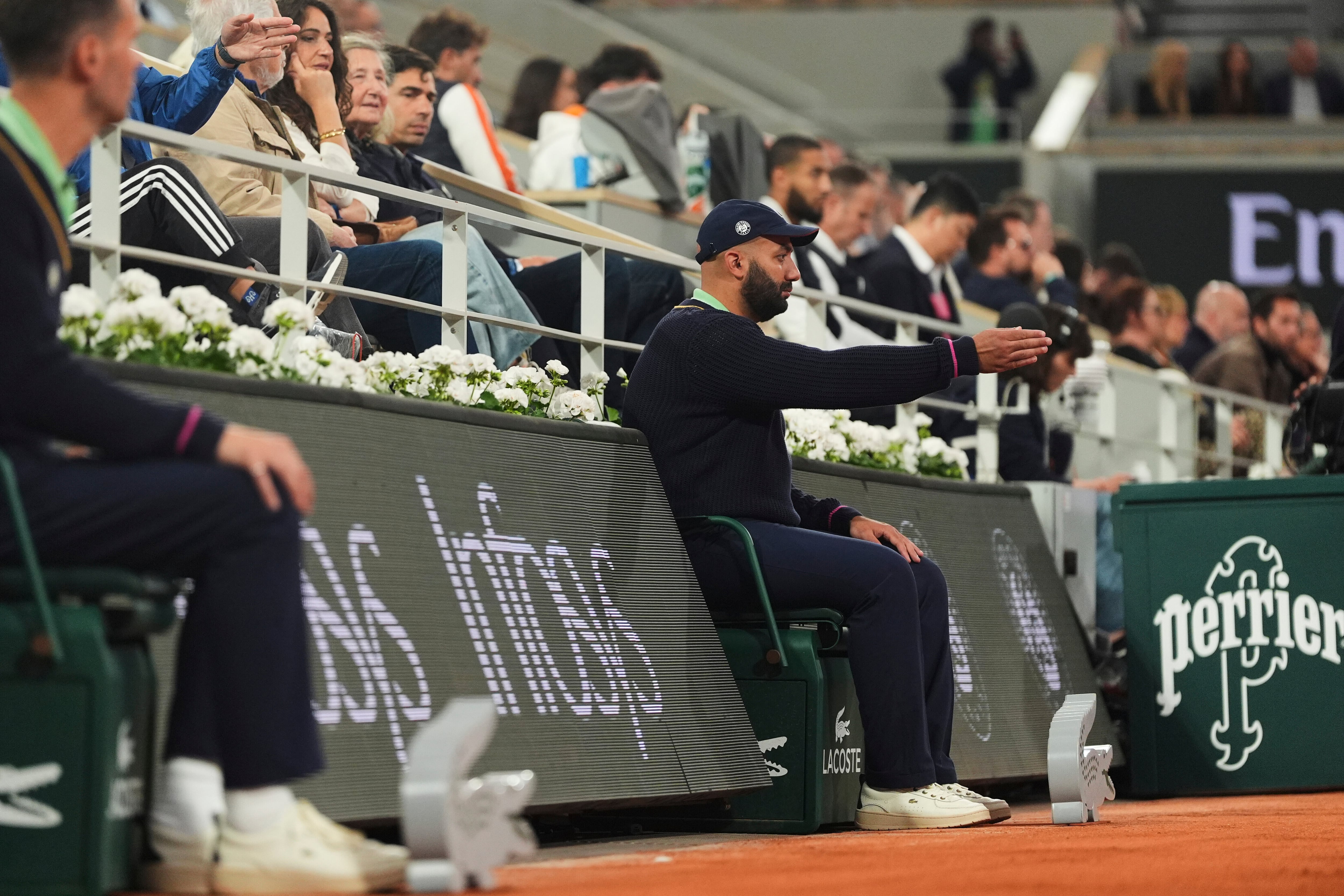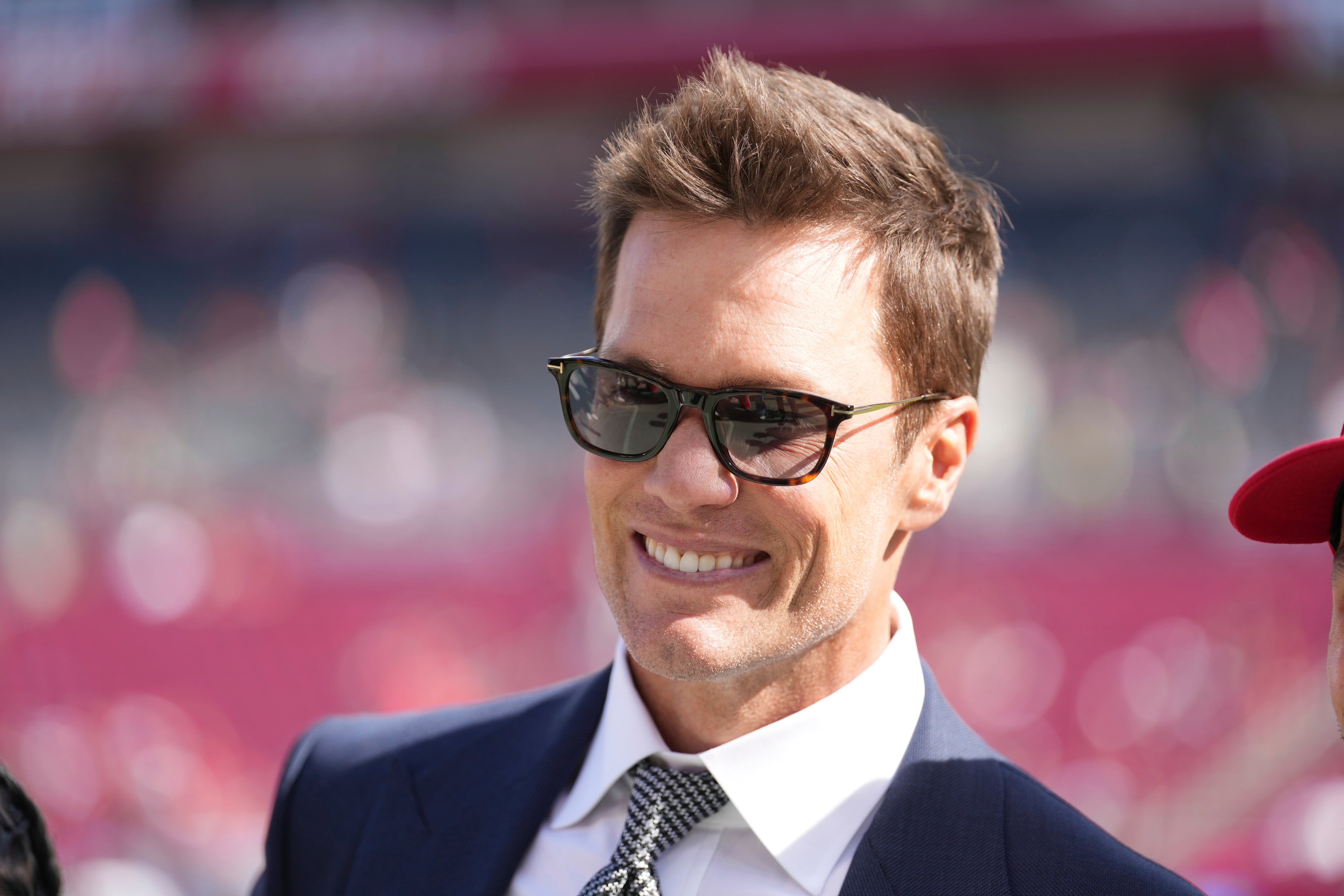*By Michael Teich* FIFA, the organization that runs world soccer, can move past its shady history of bribery and corruption when its members vote Wednesday on which country will host the 2026 World Cup, said Buzzfeed investigative reporter Ken Bensinger. The finalists include Morocco, which would be only the second African country to host international soccer's quadrennial championship, and a united North American bid by the United States, Canada, and Mexico. “It will be a massive test for FIFA,” said Bensinger, author of Red Card: How the U.S Blew the Whistle on the World's Biggest Sports Scandal. “It’s pretty obvious that the U.S is the choice. If FIFA selects Morocco, we might have a stinking sensation that things might not be cleaned up yet.” The vote, to take place on the eve of the 2018 World Cup in Russia, will be the first under new rules established after the soccer world was rocked three years ago when U.S. investigators revealed generations of FIFA executives were involved in bribery schemes spanning decades. Since the scandal, Bensinger said, FIFA has taken promising steps toward fixing its problems and improving its reputation, including adding women to the executive board for the first time and becoming more transparent about its voting procedures. This is the first time the World Cup will be awarded by a vote of all member organizations, not a small cadre of FIFA executives. “Sports leagues that are transparent, not only do they avoid the scandal, but they also make more money,” Bensinger said. “Being transparent, being capitalist is good for the sport and good for its stakeholders, the fans, for everybody.” For full interview, [click here](https://cheddar.com/videos/world-cup-vote-may-signal-how-much-fifas-changed).








